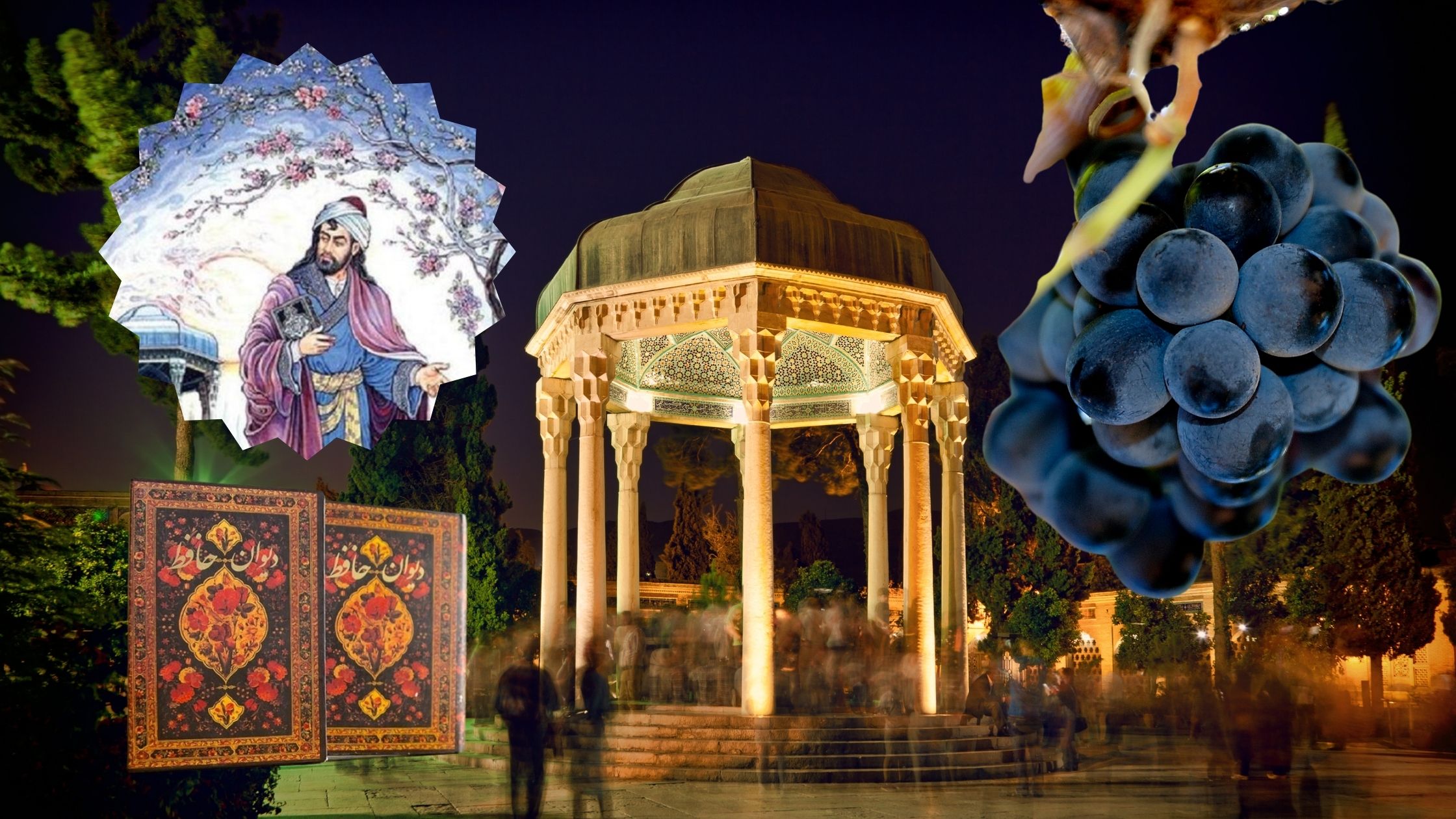How Mohtasham Kashani reveals the duality of love in its bitterness and sweetness.
Persian poetry is renowned for its ability to encapsulate profound emotions, often blending the mundane with the divine. Mohtasham Kashani, one of the great poets of the Safavid era, is best remembered for his masterful portrayal of spiritual love and devotion. One of his lesser-known but deeply moving couplets reads:
در عشق کس نداد شرابی به محتشم
از ماسوا سوای تو هم تلخ و هم لذیذ
Translated into English, it says:
"In love, none offered Mohtasham a wine so pure,
Apart from You, all else tastes both bitter and sweet."
A Dive into the Poem’s Meaning
Mohtasham Kashani’s verse is an exploration of love’s highest form—divine love. In the first line, the poet reflects on the lack of a perfect offering of "wine," a metaphor frequently used in Persian poetry to symbolize ecstasy, spiritual enlightenment, and the intoxication of love. The poet laments that no one has ever given him a "wine" that could rival the pure love he experiences for the Divine.
In the second line, Mohtasham contrasts the experience of divine love with the fleeting pleasures of worldly attachments. Everything in the material world—described as "all else apart from You"—is bittersweet. While it offers temporary pleasure, it also comes with inevitable pain and dissatisfaction. Only the love of the Divine, in its untainted purity, transcends this duality.
Duality in Worldly Love
The phrase "bitter and sweet" beautifully captures the essence of worldly experiences. Human relationships, achievements, and material pursuits may bring joy, but they are often accompanied by challenges, heartbreak, and impermanence. Mohtasham’s poetry reminds us that while these experiences may be meaningful, they cannot provide the lasting fulfillment found in divine love.
Symbolism of Wine in Persian Poetry
In Persian literary tradition, wine is not just a literal beverage but a metaphor for spiritual intoxication and enlightenment. For Sufi poets like Rumi and Hafiz, the act of drinking wine signifies a state of unity with the Divine. Mohtasham follows this tradition, using wine as a symbol of the purest form of love—one that elevates the soul and frees it from worldly constraints.
Relevance for Modern Readers
Even in our contemporary lives, this verse resonates deeply. The human longing for love, meaning, and transcendence is universal. Mohtasham’s couplet serves as a reminder to seek something greater than ourselves, something beyond the transient joys and sorrows of daily life. Whether one interprets the “You” in the poem as a deity, a spiritual ideal, or a higher purpose, the message remains powerful: true fulfillment lies in love that transcends the material world.
Conclusion
Mohtasham Kashani’s poetry is a timeless ode to the transformative power of divine love. His words invite us to reflect on our own lives: Are we content with the "bitter and sweet" offerings of the world, or are we searching for a deeper, purer connection?
In the end, Mohtasham leaves us with a poignant truth: while the world may offer fleeting pleasures, the ecstasy of divine love surpasses all, providing a joy that is untainted, eternal, and unmatched.
Let this verse inspire us to explore the depths of our own hearts and seek the wine of love that elevates us beyond the bittersweet constraints of life.





